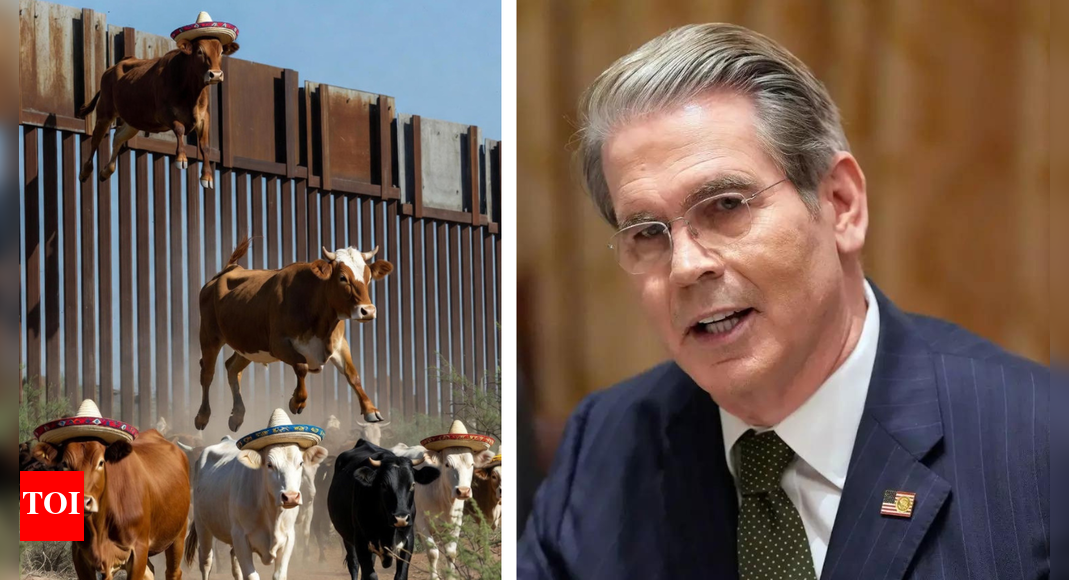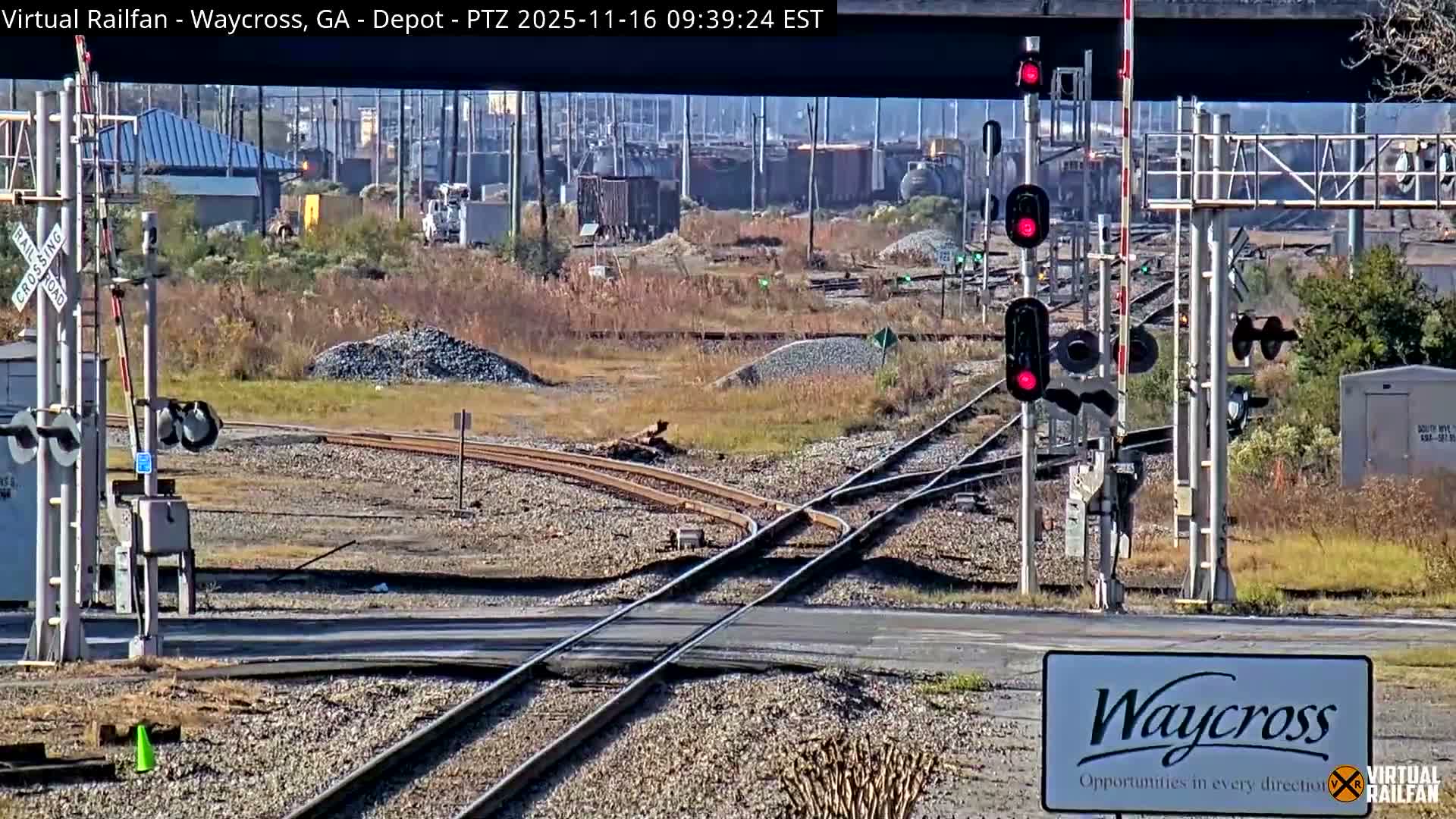Treasury Secretary Scott Bessent recently ignited a significant controversy by presenting a highly unconventional theory for the persistent rise in beef prices across the United States. During a Sunday interview with Maria Bartiromo on Fox News, Bessent diverted from traditional economic explanations, instead suggesting that an "invasion of cows" crossing the southern US border was the fundamental cause.
Unpacking the "Perfect Storm" and Immigration Claims
When questioned about the increasing cost of meat, Bessent initially attributed the beef industry's predicament to a "perfect storm" inherited from the former President Joe Biden administration. However, his rationale swiftly shifted to blame mass immigration from Latin America. He asserted that migrants, purportedly bringing cattle with them, introduced a disease previously eradicated in North America. Bessent explicitly stated, "Because of the mass immigration, a disease that we’d been rid of in North America made its way up through South America as these migrants brought some of their cattle with them. We’re not gonna let that get into our supply chain.”
Fact-Checking the Claims: Disease and Livestock Transport
This claim surfaced after the Department of Agriculture announced earlier this year a temporary suspension of live cattle, horse, and bison imports across the southern border due to an outbreak of New World Screwworm in Mexico. Despite this, multiple credible sources, including analysis by the Daily Beast, have found no substantial evidence to support the notion that migrants are transporting livestock at a scale significant enough to impact domestic beef prices. Furthermore, there have been no confirmed cases of New World Screwworm detected in the United States since the outbreak began in Mexico last November, directly contradicting the implication of a widespread threat to the US supply chain.
Public Reaction and Actual Economic Drivers
Bessent’s unusual explanation quickly went viral, drawing widespread criticism and skepticism across social media platforms. Users highlighted the extreme improbability of migrants undertaking dangerous journeys while simultaneously transporting cattle. Moreover, the consensus among observers and experts is that there is no verified link between border migration and US meat prices. Instead, the actual drivers behind fluctuations in beef prices are far more prosaic and economically rooted, primarily including supply chain disruptions, escalating feed costs, and broader macroeconomic factors, rather than isolated disease outbreaks or speculative claims related to migration.







